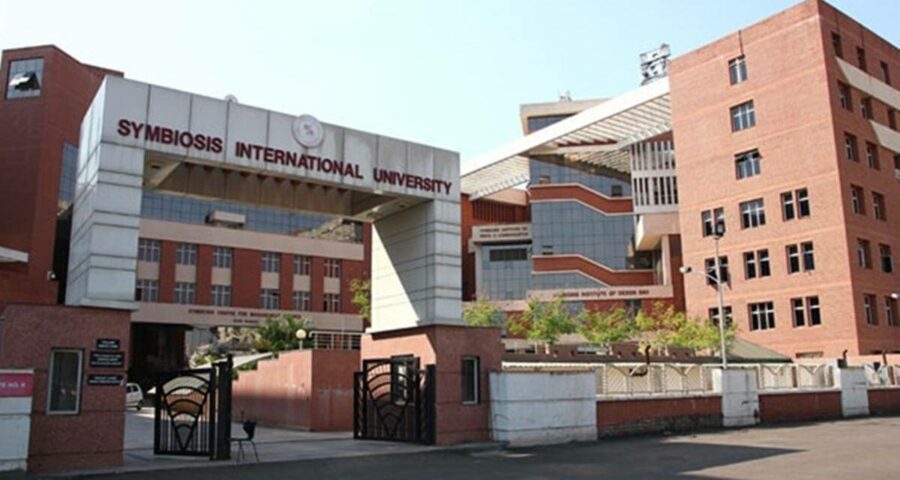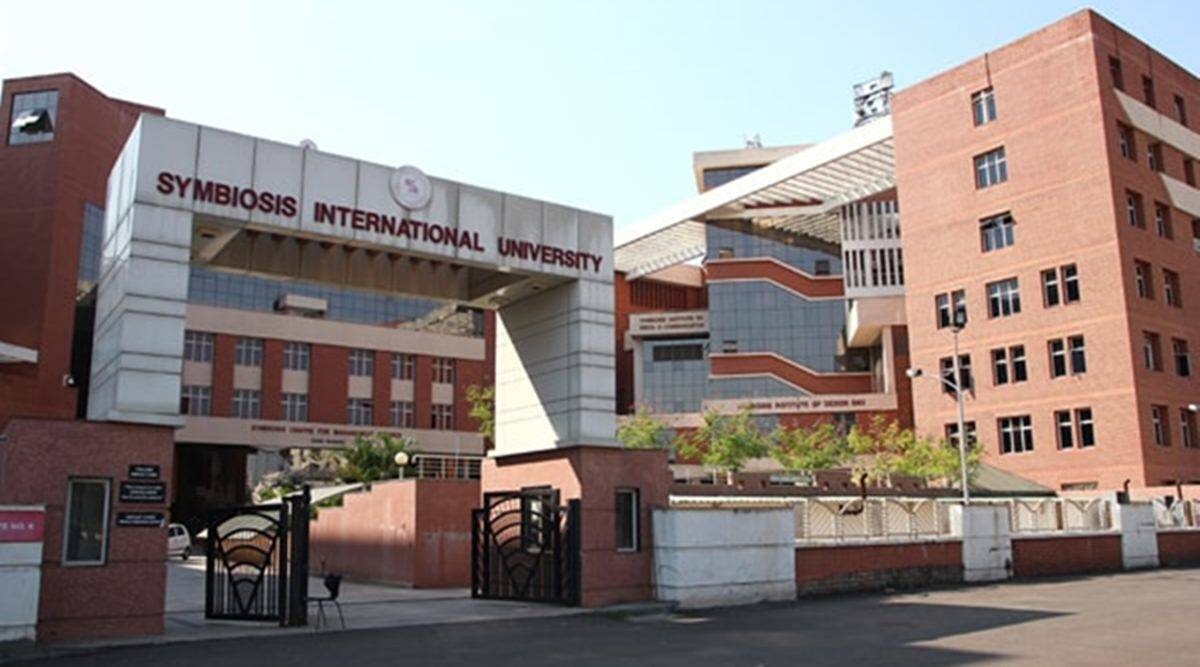There are three winners from Pune — Arpit Mishra and Prashansa Gupta are the others — in a competition that features multiple art forms such as paintings, posters, animations, videos, poems, digital art and even a rap song in Tamil to drive home the point about the need to stop victim shaming and blaming.
When she’s sipping cocktails with her girlfriends,
When she is trying out cute outfits at the mall,
When she’s waiting alone for dad to pick her up from school,
Leave her alone.
With these lines, Prerna Ramesh began the poem Alone, one of the winning entries of a nationwide initiative for gender justice, titled Art for Freedom.
“The poem stems from the age-old practice of over-sexualising women. That uncomfortable, unnerving male gaze that, unfortunately, each woman has experienced; is the problem. Objectifying women has become so normalised that we no longer seem to even acknowledge that it is the root cause. Why do women instinctively sit next to a woman in a crowded bus and not a man? Why do we prefer to take a longer route home when the shortcut has some sketchy men occasionally? This kind of instinct has been habituated now, and that’s sad,” says Prerna, a lawyer turned HR professional who is studying at SIBM Pune. This was the first time Prerna, a food blogger has penned a poem.
There are three winners from Pune — Arpit Mishra and Prashansa Gupta are the others — in a competition that features multiple art forms such as paintings, posters, animations, videos, poems, digital art and even a rap song in Tamil to drive home the point about the need to stop victim shaming and blaming. These works are on display on the Grand Virtual Art for Freedom Gallery.
– Stay updated with the latest Pune news. Follow Express Pune on Twitter here and on Facebook here. You can also join our Express Pune Telegram channel here.
The other top entries are a 20-year-old pursuing her law degree from the Faculty of Law, Delhi University, who voices her real-life experience and capturers a powerful sentiment through her poem, Bachpan; Vardha Anand, a Class X student from Delhi, who depicts the journey of a rape survivor and her right to justice through a painting; and Santosh Kumar RB, an artist who presents a compelling narrative on justice for women through a set of three paintings.
Mishra, who was judged as second winner, has created a powerful video message that blends satire with a nuanced script to call out patriarchy. He presents it with the conviction that carries the hints of his experience with street theatre. “I started writing street plays during my graduation. We used to look for social issues that people weren’t talking about and then created plays on them to increase awareness. I remember writing a play in 2014 on a similar issue of rape and eve teasing and my research for it appalled me; not just the sheer number of cases but what came after it,” he says. A first-year marketing student from SIBM Pune, he read up on incidents and “it shook me how ignorant we were as a society that we actually blamed the victim for it”. “After that, every time I have seen a story on the internet or a news channel, be it Nirbhaya, Unnao, Kathua or stories that didn’t reach the masses, some part of that story has remained with me. These stories are what made me write this piece, so, though it took me around a week to write the actual poem, the creative process behind it has been there for years,” he says.
The fourth winner is Prashansa Gupta, a first-year MBA student from SIBM Pune, who has created a film highlighting women issues. She takes on the idea of a woman as a protector of a family’s or society’s honour to the extent that a woman’s rape is seen as a loss of face for the family. “I have grown up in a society where rape is called “Izzat Lut Jana”, where protecting a girl from getting raped is called – Uski “Laaj” bacha lena. Where, if a girl is not a virgin, it is a shame for her and her family. I often hear people making remarks like – “Us football match mein us team ka rape hi hogaya”. This made me realise how deep-rooted this belief is — that by raping someone you take away their honour and exert your power.,” she says. The work brings out the skewered power dynamics of society where “rapes happen due to political rivalries, land disputes, during communal riots and wars”. “This observation evoked in me a sense of anger, on one hand the women around me were being told ways to avoid unwanted male attention to protect themselves and on the other hand it was clearly visible to me that rape is all about power relations and the concept of honour. This inspired me to write the piece,” she says.
Source: Read Full Article


